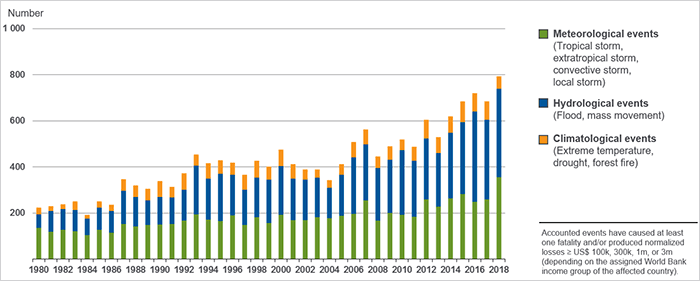The Wrack
The Wrack is the Wells Reserve blog, our collective logbook on the web.
The Wrack is the Wells Reserve blog, our collective logbook on the web.
I stood on my lawn with my hands on my head and watched the brown smoke billow out our bedroom window. As South Portland’s bravest began to swing their axes at the roof, my only thought was: “this is going to be expensive.”
I’d been standing next to the fire when it started behind our clothes dryer; my wife was on the phone to 911 seconds later; the fire crews arrived and had it out within 15 minutes. Still, my family is facing $80,000 of [insured] damages and three months of living somewhere else. I’m astounded by how fast our little disaster happened and how unlike a disaster movie it was. Our summer plans are up in smoke.
I’ve managed to find some humor in the situation, but our recent house fire wasn't really a laughing matter. We’re a little shaken. I know it could have been worse (tornados), much worse (floods). We could have been crisped in an English apartment building. My family is fine, and our lives are resuming their normal routines. We’ll probably even get a new bathroom out of the ordeal.
But the response and recovery to what was, in the grand scheme of things, a very, very minor catastrophe has me thinking more about the bigger ideas of resilience, community, and luck. This past week would have been a nightmare if 1) more people in our neighborhood had been similarly affected by a larger event, 2) my wife and I both hadn’t had smartphones, and 3) we didn’t have healthy credit cards and bank accounts at the ready. How are less well-off people than my family going to cope with the larger disasters that may come? How will entire towns, or regions?
It’s not really a question for the future. There are people facing that trifecta of trouble right now, all over the country and the world. It can’t be easy. Natural and man-made disasters, the kind that wipe out entire communities, happen all the time. Does it seem like they’re happening more frequently? Are we just hearing about them more, or is our society in the way of them more, or are there actually more of them? Well, yes to all three. 2018 therefore ranks among the ten costliest disaster years in terms of overall losses, and was the fourth-costliest year since 1980 for the insurance industry. Charts from global insurers follow a familiar pattern I’ve seen in other data:
World Weather-Related Natural Catastrophes By Peril, 1980-2018
(Number of relevant events by peril)

Source: © 2019 Munich Re, Geo Risks Research, NatCatSERVICE. As of March 2019.
There’s that inexorable upswing, always over the last generation. Most of the charts on climate change look like that too; they never seem to go in the other direction. Are we ready for what’s to come? I’m not so sure. What do more frequent disasters mean for human life, national commerce, and psychological well-being?
A friend sent me this fun quote over the weekend: “society is always just three missed meals away from anarchy.” Because of our dryer fire, we missed lunch on Sunday, May 19th, but we were treated to dinner that evening by our favorite Indian restaurant (where we established a one-table smoking section). We were tucked into an AirBNB in our neighborhood within six hours; we had a long-term rental within six days. We had more offers of help than we knew what to do with. We are a fortunate and grateful family. We got by with a little help from our friends, and we thank them profusely.
It could have been much worse. We know that it is worse, for many less fortunate families, on a daily basis, all over the world. So I thank you too, for doing what you can to help others in need, when the situation calls for it. They say practice makes perfect; I believe we will all have more opportunities to practice in the years to come.
In the meantime, should you want to make a difference locally, right now, go clean the dryer lint from its exhaust pipe. It takes just 20 minutes. It could save your life.